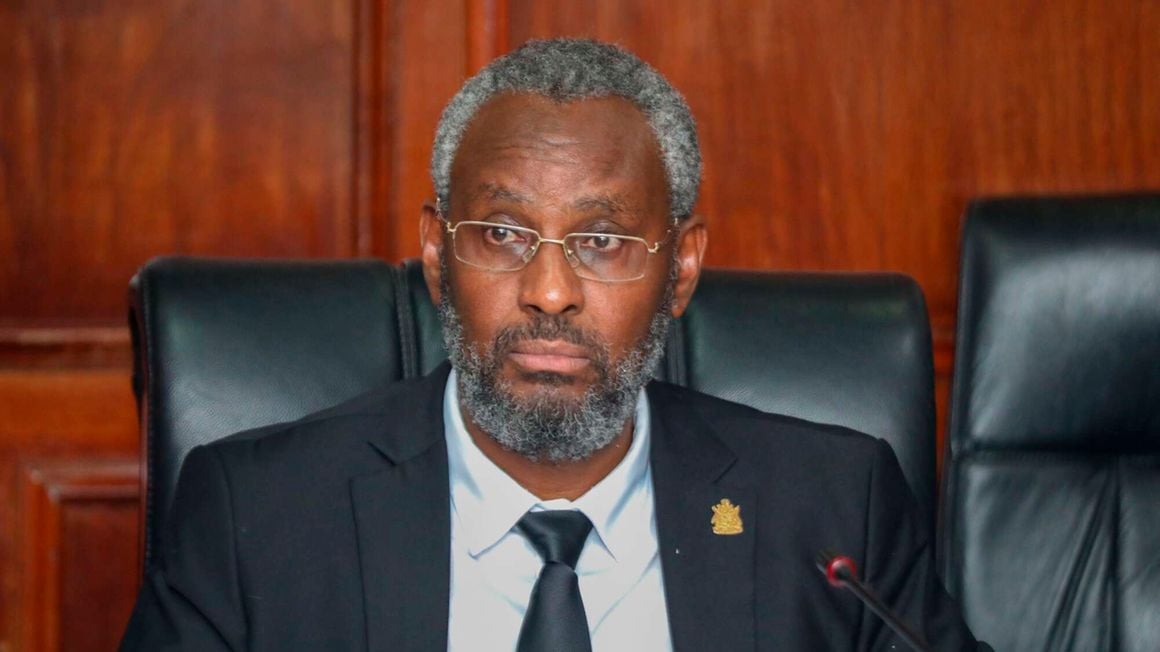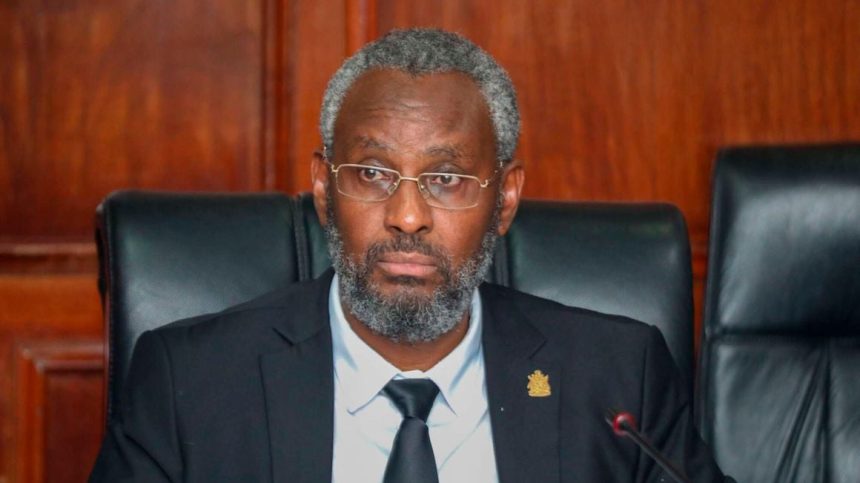The University of Nairobi (UoN) has saved around Sh8 billion over the past two years following a raft of reforms on its curriculum, governance structure and financial management.
Stephen Kiama, the UoN Vice Chancellor, told Parliament the reforms are meant to address a cash flow crisis plaguing the public university amid falling government capitation.
Some of the reforms include managing power use, stopping bank overdrafts, cutting retreats and workshops, foregoing leasing of properties and renegotiation of contracted services such as security and cleaning.
“We have undertaken these reforms and also cut the management pension programme and reorganised the governance structures of the university among other interventions to cut costs, which has helped us cumulatively save just shy of about Sh8 billion,” he told the National Assembly Public Investments Committee on Education and Governance last week.
The UoN saved Sh107.5 million through the halting of bank overdrafts, Sh59.5 million on water management, Sh130.3 million from power use and savings of Sh9.7 million from reduced retreats and workshops.

The reforms that kicked off in the financial year 2021/2022 have also seen the UoN save Sh36.5 million from rationalising staff workload, resulting in lower overtime payments as well as Sh60 million initially spent on paying rent.
“Coming from the savings we were able to pay the Kenya Revenue Authority (KRA) Sh2.5 billion and pensions of Sh506 million in the financial year 2021/2022,” said Prof Kiama.
He noted that it was an improvement compared to the Sh770 million that the UoN paid the KRA in 2018/19 and the Sh173 million it paid in pension settlement.
In July 2021, the UoN revealed it owes the taxman Sh7.2 billion, underlining the deepening cash flow crisis at the institution amid a dip in student enrolment.
The UoN, like other public universities, is struggling to honour obligations such as payroll taxes, retirement benefits and insurance premiums for employees.
Read: UoN gets nod to fight Sh194m award for surveyor
Funding for universities has been hit by a sharp fall in the number of self-sponsored students in recent years. Students enrolling for the parallel degree programme courses have over the years generated billions of shillings for the institutions.



